TFL keeps quiet on Huawei tube deal
Huawei is reportedly close to securing the deal, but TFL says it is still talking to a number of providers.
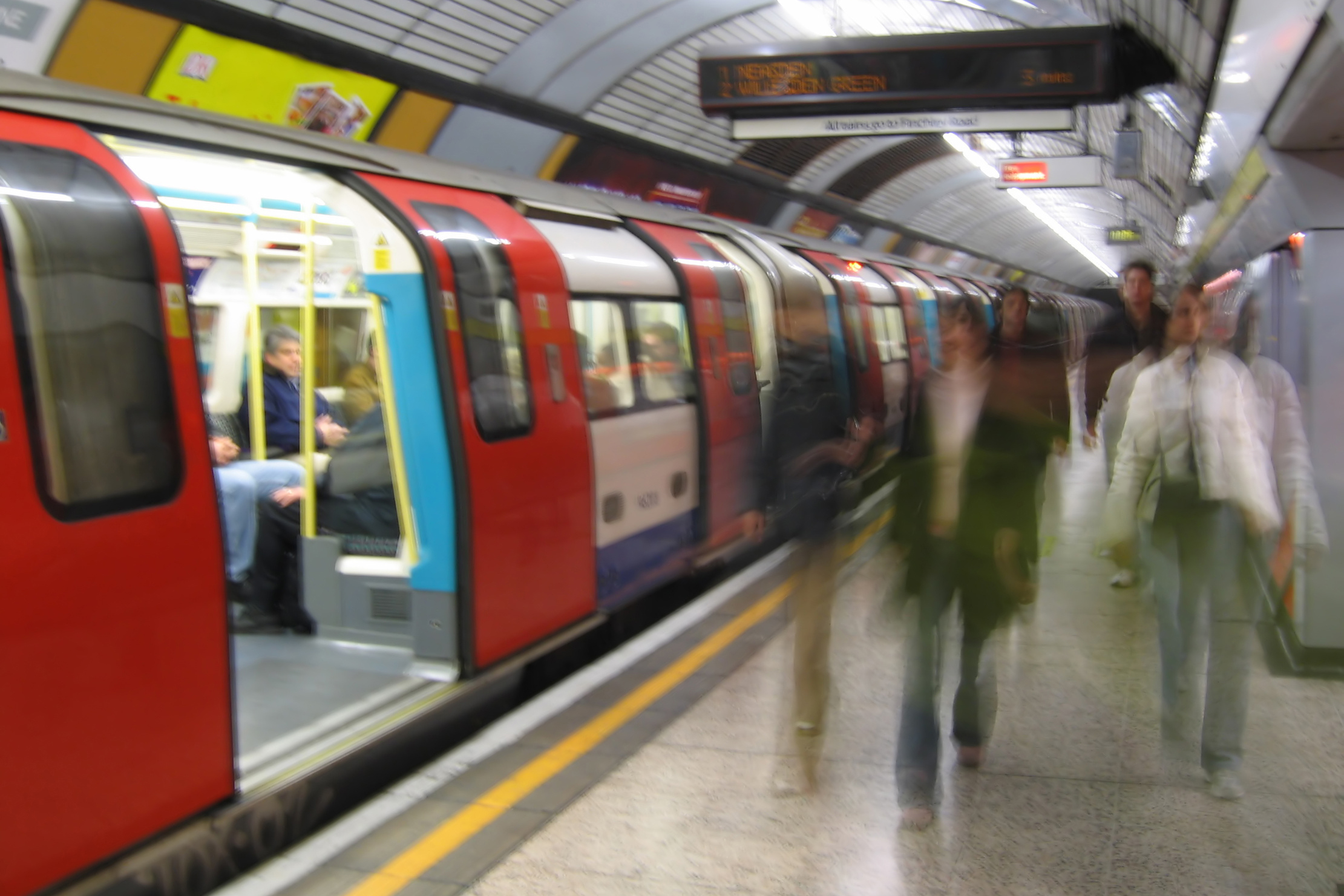

Transport for London (TfL) has remained tight-lipped over reports it will work with Huawei to bring mobile connectivity to the Underground.
Mayor of London Boris Johnson hopes to install a mobile network on the tube in time for the 2012 Olympics.
TfL has confirmed little, explaining it is still in talks with a range of providers.
"Transport for London and the Mayor of London are currently in discussion with mobile phone operators and other suppliers about the potential provision of mobile phone services on the deep tube network," a spokesperson said.
"Given the financial pressures on TfL's budgets, any solution would need to be funded through mobile operators with no cost to fare or taxpayers. Discussions are ongoing."
Over the weekend, the Financial Times reported Chinese manufacturer Huawei was close to securing an agreement with TfL, which would mean it would supply the telecoms equipment for the service.
Thales would install and maintain the network, whilst UK mobile operators would be responsible for connectivity.
Get the ITPro daily newsletter
Sign up today and you will receive a free copy of our Future Focus 2025 report - the leading guidance on AI, cybersecurity and other IT challenges as per 700+ senior executives
Huawei confirmed it was in the bidding process to win the contract, but would not elaborate, citing business confidentiality reasons.
Concerns have been raised that enabling the use of mobile phones on the tube could aid terrorist activity on the public service.
Despite these worries, many are pleased that such connectivity is at least technologically possible now.
Richard Thurston, Ovum analyst, felt relieved progress was finally being made after a number of delays to the project.
"The London Underground has been one of the UK's worst mobile blackspots and is almost unique among major European city metro networks in not having mobile coverage," he said.
"Now Londoners can look forward to being more productive on the move. This network will bring real and measurable economic benefits that the UK badly need."
However, he was not convinced the mobile network would cover the entire Underground in time for 2012.
"The project has been delayed for years because of revenue sharing, infrastructure sharing and installation challenges," Thurston added.
"Most of those challenges remain, and we expect this project will continue to prove troublesome."
Tom Brewster is currently an associate editor at Forbes and an award-winning journalist who covers cyber security, surveillance, and privacy. Starting his career at ITPro as a staff writer and working up to a senior staff writer role, Tom has been covering the tech industry for more than ten years and is considered one of the leading journalists in his specialism.
He is a proud alum of the University of Sheffield where he secured an undergraduate degree in English Literature before undertaking a certification from General Assembly in web development.
-
 Should AI PCs be part of your next hardware refresh?
Should AI PCs be part of your next hardware refresh?AI PCs are fast becoming a business staple and a surefire way to future-proof your business
By Bobby Hellard
-
 Westcon-Comstor and Vectra AI launch brace of new channel initiatives
Westcon-Comstor and Vectra AI launch brace of new channel initiativesNews Westcon-Comstor and Vectra AI have announced the launch of two new channel growth initiatives focused on the managed security service provider (MSSP) space and AWS Marketplace.
By Daniel Todd
-
 This live map of every London Underground tube train will make you appreciate open data
This live map of every London Underground tube train will make you appreciate open dataNews The mesmerising project wouldn’t be possible without TfL’s open API
By Adam Shepherd
-
 City Hall funds 20 investment events for London startups
City Hall funds 20 investment events for London startupsNews The initiative will be funded by the Greater London Authority and UKBAA
By Clare Hopping
-
 Uber's top UK exec quits
Uber's top UK exec quitsNews Jo Bertram leaves for new role, but says "current challenges" mean a change of face is necessary
By Nicole Kobie
-
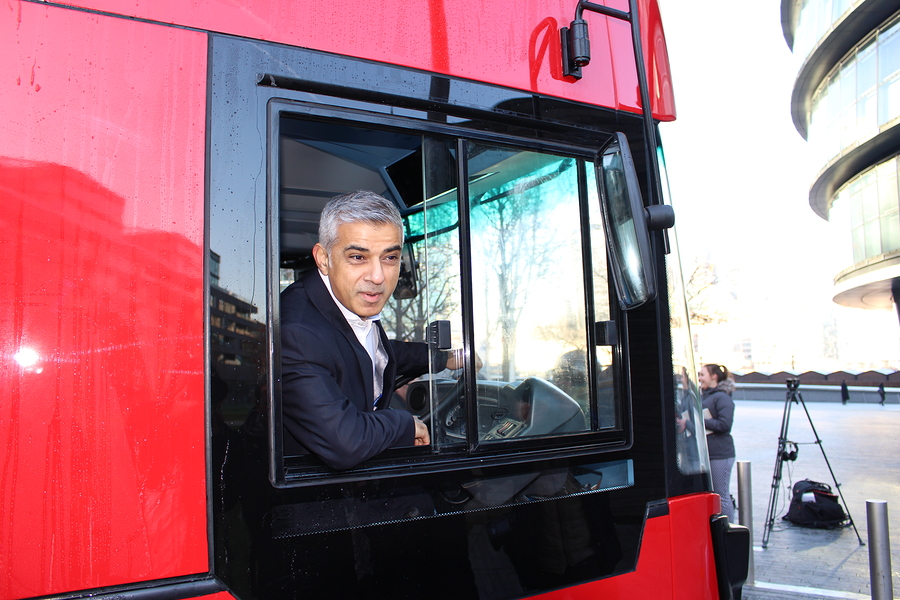 Sadiq Khan appoints London's first ever CDO
Sadiq Khan appoints London's first ever CDONews Theo Blackwell will be responsible for upgrading public services technology
By Adam Shepherd
-
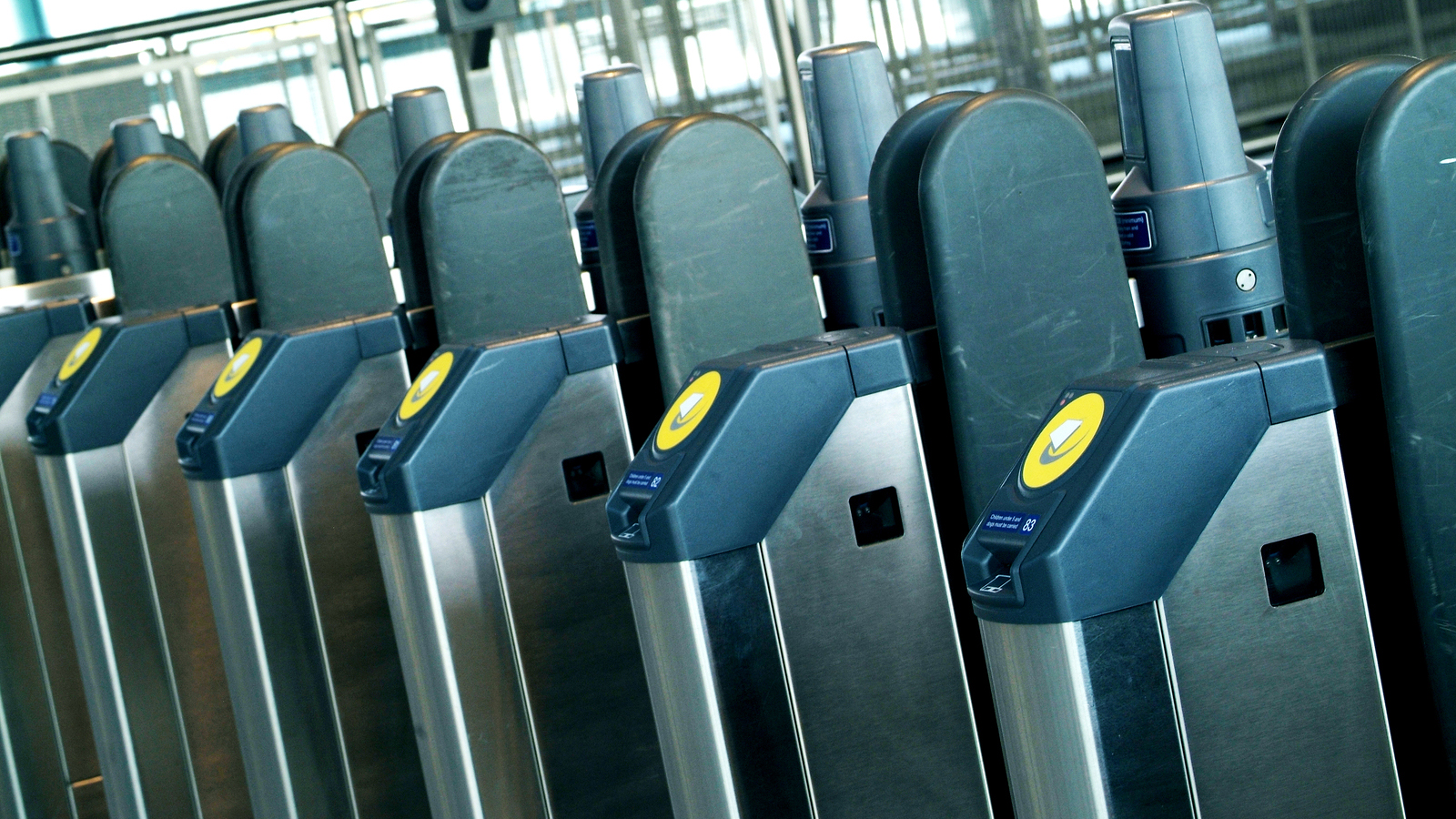 TfL passes 1 billion contactless journeys
TfL passes 1 billion contactless journeysNews Almost half of pay as you go users are opting to pay via contactless technology
By Clare Hopping
-
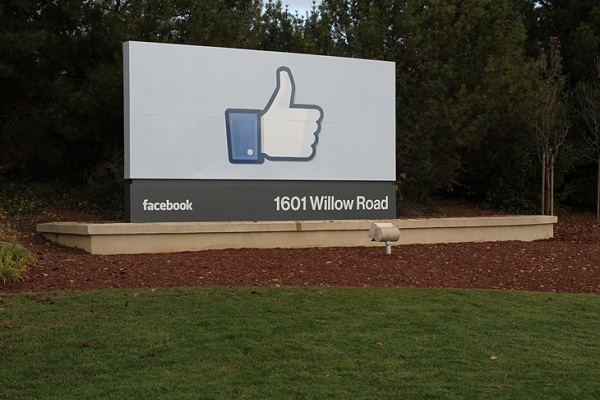 Facebook announces 50% expansion in UK jobs
Facebook announces 50% expansion in UK jobsNews The company will hire 500 new people as it moves to new London offices
By Adam Shepherd
-
 TfL hopes to ease traffic with crowdsourced data
TfL hopes to ease traffic with crowdsourced dataNews The organisation has teamed up with Waze to offer real-time information about traffic congestion
By Clare Hopping
-
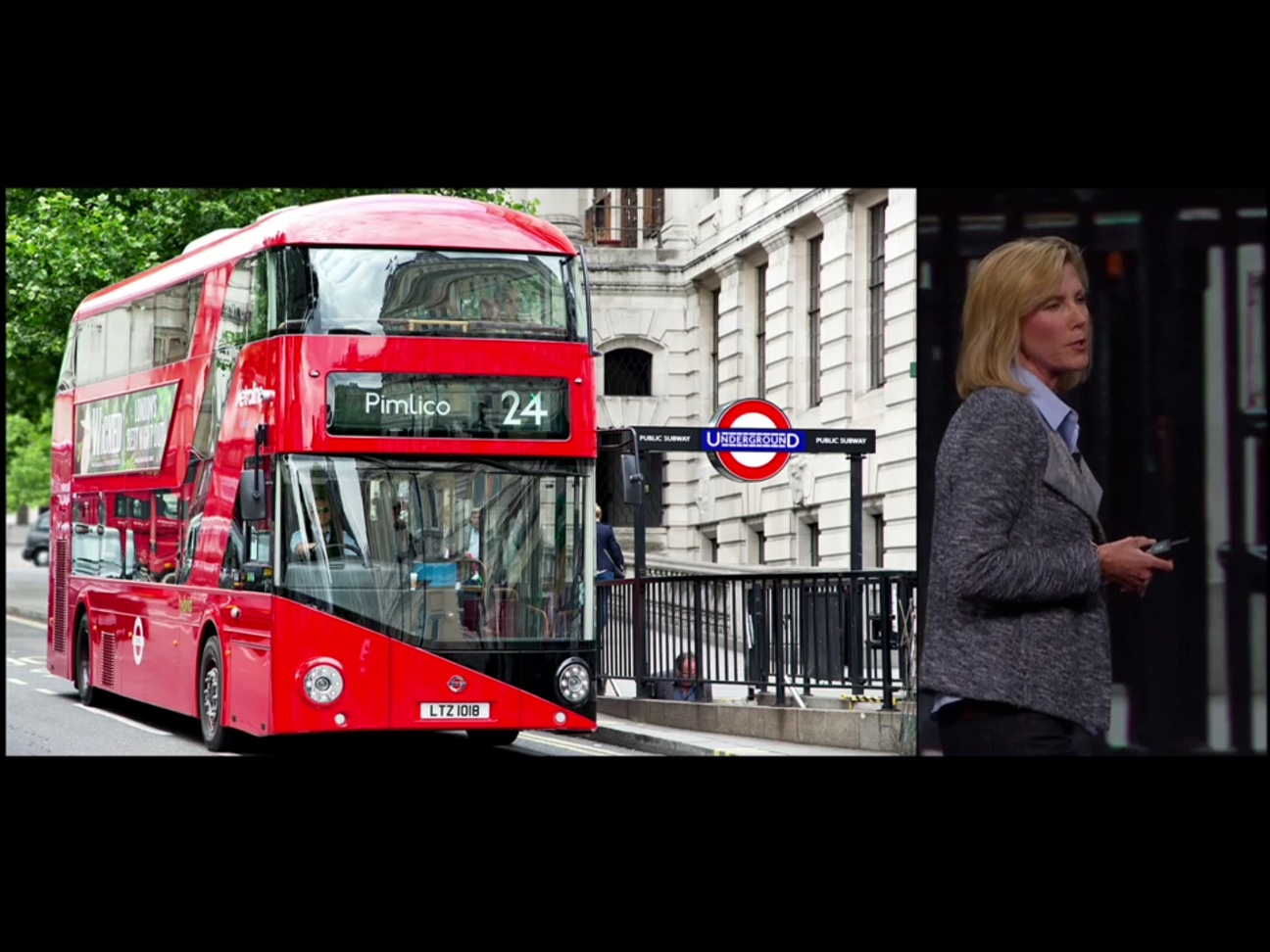 TfL implements e-paper bus stop signage
TfL implements e-paper bus stop signageNews The signs will show real-time scheduling of buses rather than the digital info seen on some stops
By Clare Hopping